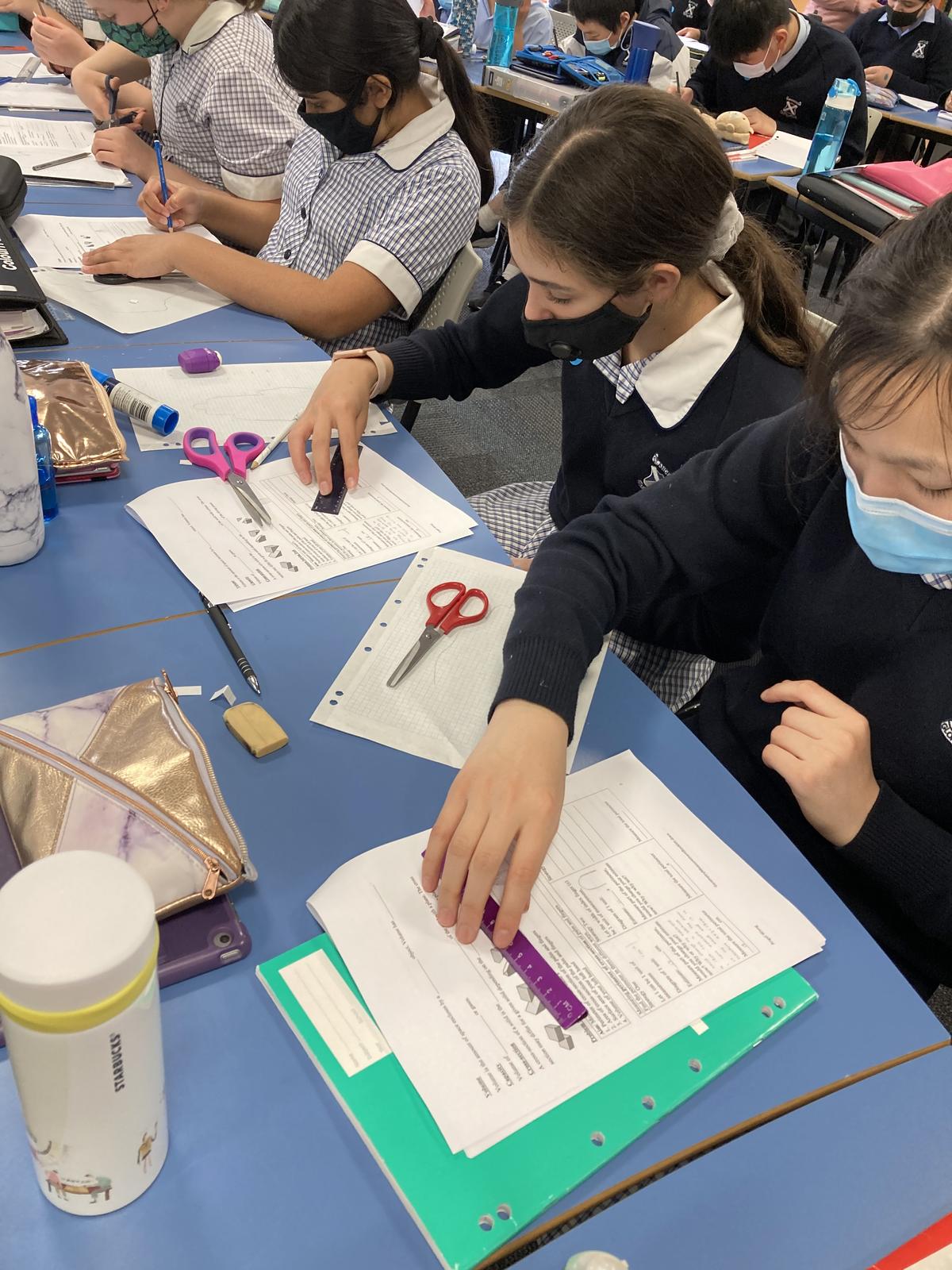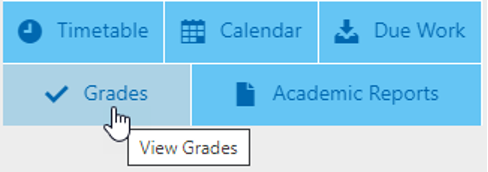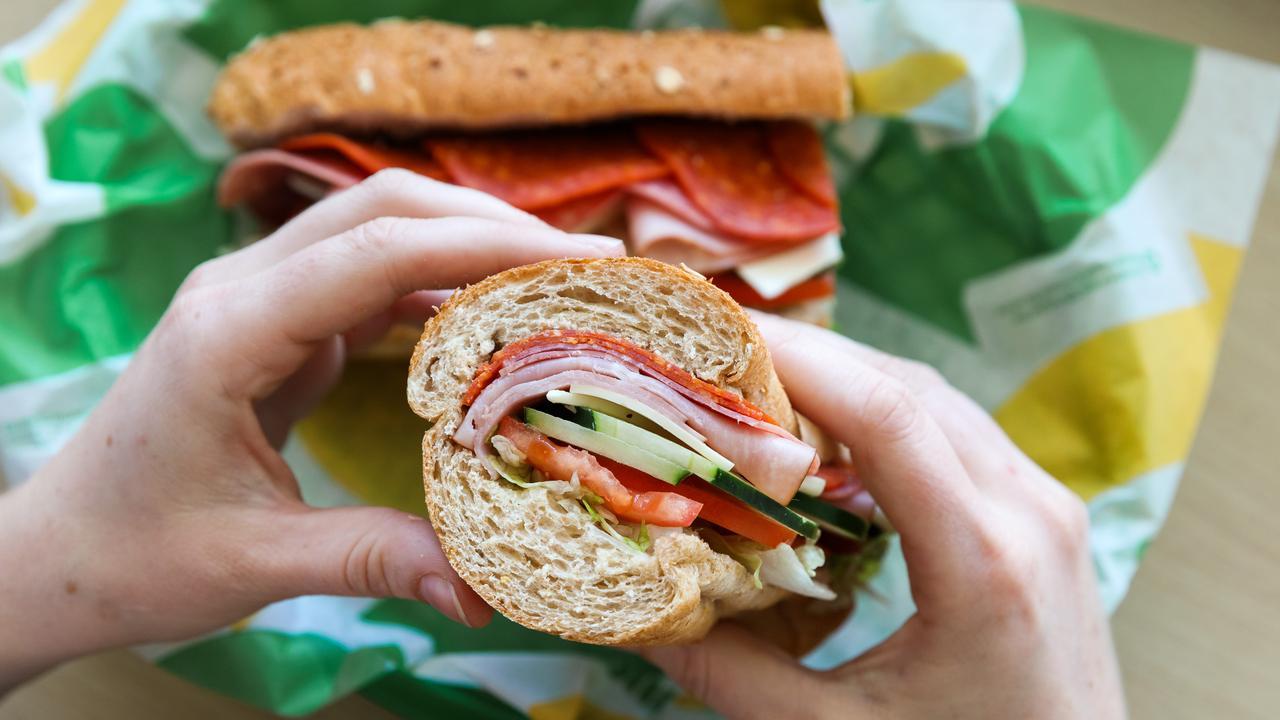Parents' Info

WEEKLY ZOOM PRAYER MEETING -
Tuesdays 8:00 - 8:30pm
Dear St Andrews Community,
You are all welcome to join us as we pray for St Andrews Christian College and all our community – students/staff and families.
As you know the St Andrews Weekly Zoom Prayer Meeting is hosted on Tuesday Nights, now running for only half an hour, from 8:00pm – 8:30pm. Our next meeting will be held Tuesday 27th October. Together as a community we can express our thanks to God, as well as praying for our world, College and each other.
In this way, we can continue connecting and caring for each other. No one should feel that they should pray aloud if they would prefer not to. Just pray in your heart as others lead us.
You may like to write your prayer points in the “chat” section of Zoom and during the evening we will be sure to pray for those things. Please mute yourself, unless you are speaking/praying so we are not battling with background noise during this time together.
We hope you can join our College Chaplain, Warwick Grant and myself for a time of prayer. We will conclude at 8:30pm, but feel free to leave earlier if you need to. Details to join the meetings are emailed to the College Community each week.
Blessings,
Mrs Catriona Wansbrough
Principal
FROM THE HEAD OF LEARNING & TEACHING
It was with much excitement that we recently welcomed students from Year Prep to Year 7, and Year 10 to Year 12 back to school for the recommencement of face-to-face learning. We are also looking forward expectantly to seeing Year 8 and 9 students return this week.
One of the common questions being asked by parents as students return to school is “how has my child progressed during the period of online learning?” As a College, we have been working hard to put steps in place so that we can clearly answer that question. Thankfully, with all students back at school this week, we have time available this year to gauge where students are located in their learning and to plan curriculum effectively for 2021.
During Weeks 4 to 6 (26th October – 13th November) all students in Year 1 through to Year 10 will complete Progressive Achievement Tests (PAT) in Reading Comprehension and Mathematics. We will then conduct data analysis on the results and compare growth from 2018 to 2019 with growth from 2019 to 2020. This will enable us to determine how students have progressed in their learning throughout 2020 and also enable us to identify students who may require extra assistance and support leading into 2021.
We have allocated two full days to each teacher in the Primary School so that they can meet individually with each child to determine their academic level and any areas in need of special attention. In the Secondary School, time has been allocated to a thorough revision and consolidation program to ensure that individual needs are identified.
Handover meetings will also be conducted at the end of the year so that teachers are aware of the needs of each student prior to the commencement of the new school year.
In 2021, teachers will conduct pre-testing for all subject areas, but particularly for English and Mathematics, to establish an appropriate starting point. Faculty Heads and Curriculum Coordinators will be working with teaching teams to investigate approaches for adjusting curriculum planning to ensure that any background material is covered prior to “new material” being taught. We are very conscious that staff do not just “continue on with the curriculum” and will be regularly reviewing the academic program and individual student progress.
We are currently investigating the feasibility of providing extra staff to work with smaller groups of students who may need extra assistance.
We believe that these measures will ensure that each student’s progress is carefully monitored, curriculum is planned appropriately and any necessary interventions are put in place promptly so that each student is able to make progress in their learning.
Semester Examinations
After much thought and careful consideration, the College has decided that for Semester Two, the following arrangements will be in place for Year 7 – 11 Examinations.
- Year 11 (all subjects) and Year 10 (English, Mathematics, Science, Geography and History): Examinations will take place during the week 23rd – 27th November. A copy of the Examination Timetable will be sent shortly.
- Year 7 to 9: There will be no Examinations. However, there will be a thorough program of revision and consolidation of Semester Two content, with appropriate assessments. The exact nature of this program will be determined by the Faculty Heads in consultation with their teams. The time which would have been spent preparing for, and completing examinations will be reallocated to ensure that students revise material covered throughout the semester, consolidate their learning and have time to fill any gaps which have occurred as a result of online learning. The assessments, which will be conducted during regular class time, will be designed as a range of smaller tasks – without the pressure of a formal examination.
We feel that these measures will provide students with the best environment to consolidate their learning and be well-equipped to make a successful transition to the new year.
'the hub'
A reminder that ‘the hub’ is now open to parents.
If you haven’t already explored ‘the hub’ we encourage you to view the Introductory Video and login to see your child’s academic progress through the “Grades” link.
Michael Swanborough
Head of Learning and Teaching
SUBWAY LUNCH ORDERS AVAILABLE
Subway are excited to announce they are once again available for lunch orders for students that are back onsite! Orders need to be handed in to Reception by 9:30am each morning. The lunches will be delivered by Subway, ready for students to collect at lunchtime. Order forms can be found in Reception, or you can down load the form below.
SECOND-HAND UNIFORM SHOP OPEN
The Second-Hand Uniform Shop will be open for appointment only throughout Term 4 every:
- Monday 2:00 – 3:30pm
- Thursday 8:45 – 9:45am
Please call (03) 8847 8300 to make an appointment to visit the store.
Below is a Positive Parenting article by Michael Grose
This article can be found on the Parenting Ideas Website along with many more helpful parenting resources.
YOU HAVE CHOICES
What drives kids’ behaviour? Is it impulse, mood, emotion, age or genes that cause kids to be sociable and safe or unsociable and risky?
The motivating forces behind kids’ actions are as complex as the many behavioural theories that have done the rounds over the years. Psychiatrist Sigmund Freud suggested that most behaviour is driven by internal desires, which were difficult to control. “Boys will be boys!”
His colleague Alfred Adler believed that behaviour is driven by the need to find a place within our groups. “Would someone pay me some attention!”
Development psychologist Jean Piaget suggested that children’s behaviour was largely governed by their stage of development. “It’s just a stage she’s going through.”
All theories have validity but they neglect to highlight something that we’ve always known but not recognised enough – that kids choose how they behave. Their choices may be negatively impacted by tiredness, hunger, or irritability but ultimately, they make a decision to act in certain ways, or step back to let their impulses take over.
There are caveats. A hungry, overtired three year old who is being annoyed by a sibling is unlikely to make a reasoned choice about how they respond. Lashing out, a screech for parental help or an unrestrained tantrum are a more likely response. Parent common sense comes to the fore in determining how to respond to their child when mitigating factors are at play.
“Good choice, Harry”
When a young child is kind to a sibling or friend a parent can praise the behaviour (“It was great to see you be kind, Harry”) or the choice (“Good choice, Harry”).
When parents focus on the decisions kids make we teach them that they have a say in their behaviour. We reach out to their pre frontal cortex – the part of their brain responsible for reasoning – and say, “You’re in charge of how this child behaves. Good for you as you chose well.” Continual reinforcement of choices over time is likely to have a strong impact on how a child perceives himself. Reinforcement of choices places the locus on control on the child, rather than on external factors such as mood, peers and gender as likely causes of poor behaviour.
“You have choices”
A child who misbehaves at home or in social situations can be reminded “You have choices.” It helps if kids experience the consequences of their poor choices rather than be sheltered from them. A child who refuses, which is a choice, to clean up a mess left in the living room may lose those items for a period of time. If they value those items then they may make different choices next time around. Choices teach responsibility, when they are coupled with behavioural consequences.
“Can you make a smarter choice?”
A parent may need to outline some of the choices – walk away from conflict, come to a them for help, do nothing – but ultimately the decision is a child’s to make. Similarly, going over poor choices with a child or young person in a quiet moment after an event can help them reflect and reset their brain for better choices in the future. “What behaviour can you choose next time?” is a helpful question to ask a child or young person who got themselves into a behavioural pickle.
“Choose between these two”
Anecdotal evidence suggests that approximately one in three children don’t like to be told what to do. These kids value control and use resistance strategies such as arguing, negotiation or procrastination to assert their authority. These children can be wearing for parents, but the flipside is, that they generally make assertive adults as long as their spirits aren’t dampened when they are young. The use of choices works well with children who value control over their own actions.
It’s best to give them a choice between two options, which is an illusion of power. “If you stay inside you need to be quiet. If you want to play noisy games you need play outside.” Kids will usually take one of the options offered, provided they’re reasonable, as they feel they are calling the shots.
The focus on choices can start when children are toddlers continuing into adolescence and beyond. It’s an empowering concept that prepares kids to live fully in the civilised society that they will be entering. It balances personal empowerment with personal responsibility, two character traits highly valued by schools, community groups and employers.
PARENTING WEBINAR -
Free access for St Andrews Parents
St Andrews Christian College's subscription to Parenting Ideas gives our parents this great opportunity to attend the following webinar for free using the voucher code below.
'Parenting like a cat and dog' Webinar
11 November 2020 8:00pm AEDT
Effective parents use more than one style when communicating with their families. They know how to alter their style to suit the situation. In this webinar, Michael Grose uses cat and dog metaphors to introduce parents to two diverse styles of parenting. This will increase their ability and confidence to manage, nurture and build relationships with their children. The cat-dog approach to parenting is fun, easy to use, respectful and maximises parent effectiveness in challenging situations.
Key learning and discussion points include:
- How parents can identify their natural style and work harmoniously with their partner and/or support networks
- Building confidence to manage children who relish getting their own way
- Constructive ways to adjust communication so that it meets the individual needs of children
- Effective methods to communicate with anxious children so they feel supported, safe and listened to
- Techniques to adapt parenting styles as children move into adolescence






